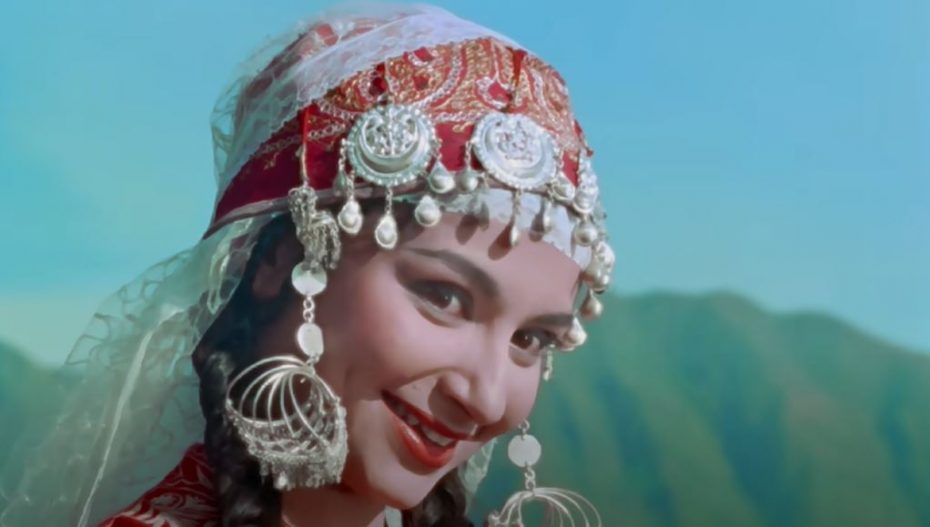His father, producer-director Shakti Samanta, was looking for a new girl to cast opposite Shammi Kapoor in Kashmir Ki Kali and chanced upon Sharmila Tagore’s picture in a Bengali magazine. “She thought she looked like a kali. Enquiries revealed that she had already worked with Satyajit Ray (in Apur Sansar and Devi) and was doing a few other Bangla films,” reminisces Samanta’s filmmaker-son Ashim.

They contacted her through writer Sachin Bhowmick who knew the family and spoke to her parents. Sharmila was ready to make the transition to Hindi cinema and accepted the offer. “Initially, she couldn’t speak Hindi that well, so dad gave her shorter lines. Once she was more proficient in the language, she got longer dialogues. She looked lovely and performed very well. The film, which released on November 20, 1964, was a hit and she was flooded with offers,” recounts Ashim.
Two years later, in 1966, Sharmila appeared in another Shakti Samanta musical romance, Sawan Ki Ghata, this time opposite Manoj Kumar. Another hit, followed by the blockbuster, An Evening In Paris, in which she played identical twins, Deepa and Suzy. “In both films, she played very modern girls, like the real Sharmila. Once the watchman at Natraj Studio would not allow her in because in his mind, she was the kali from the valley,” Ashim laughs.
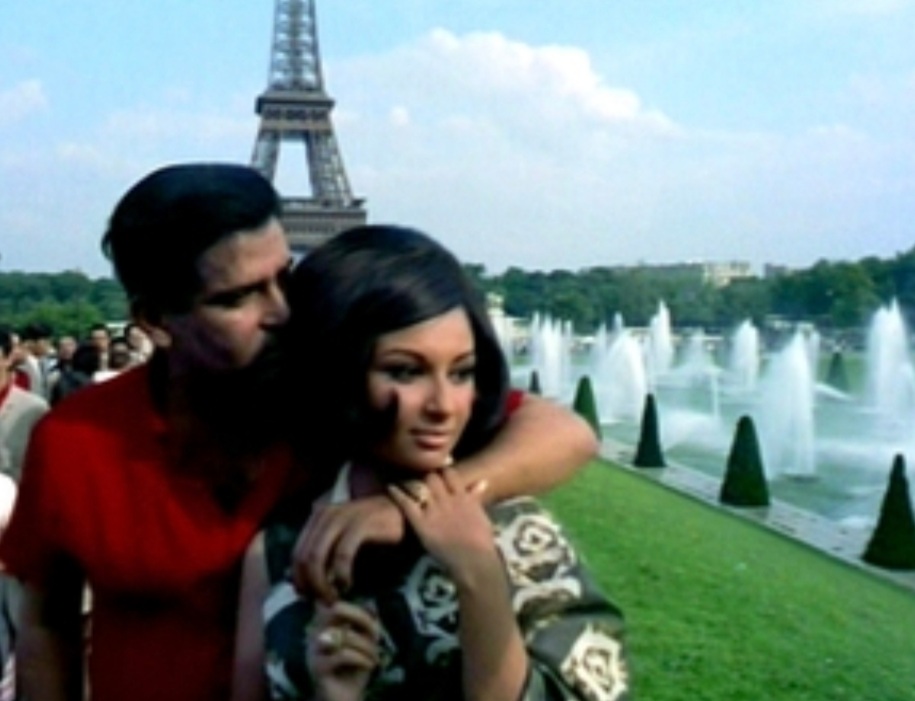
By the time Aradhana came along Sharmila was a seasoned and established actress. She was reluctant to play a mother at the age of 24, but could not refuse Shakti Samanta. In fact, according to Ashim, even Rajesh Khanna was not too happy about either Aradhana or Kati Patang, complaining, “What am I going to do in these heroine oriented films?” They made him the ‘Phenomenon’ of the’70s. “The role in Aradhana sky-rocketed Sharmila’s career too and gave her her first Filmfare Award for Best Actress,” he reminds.
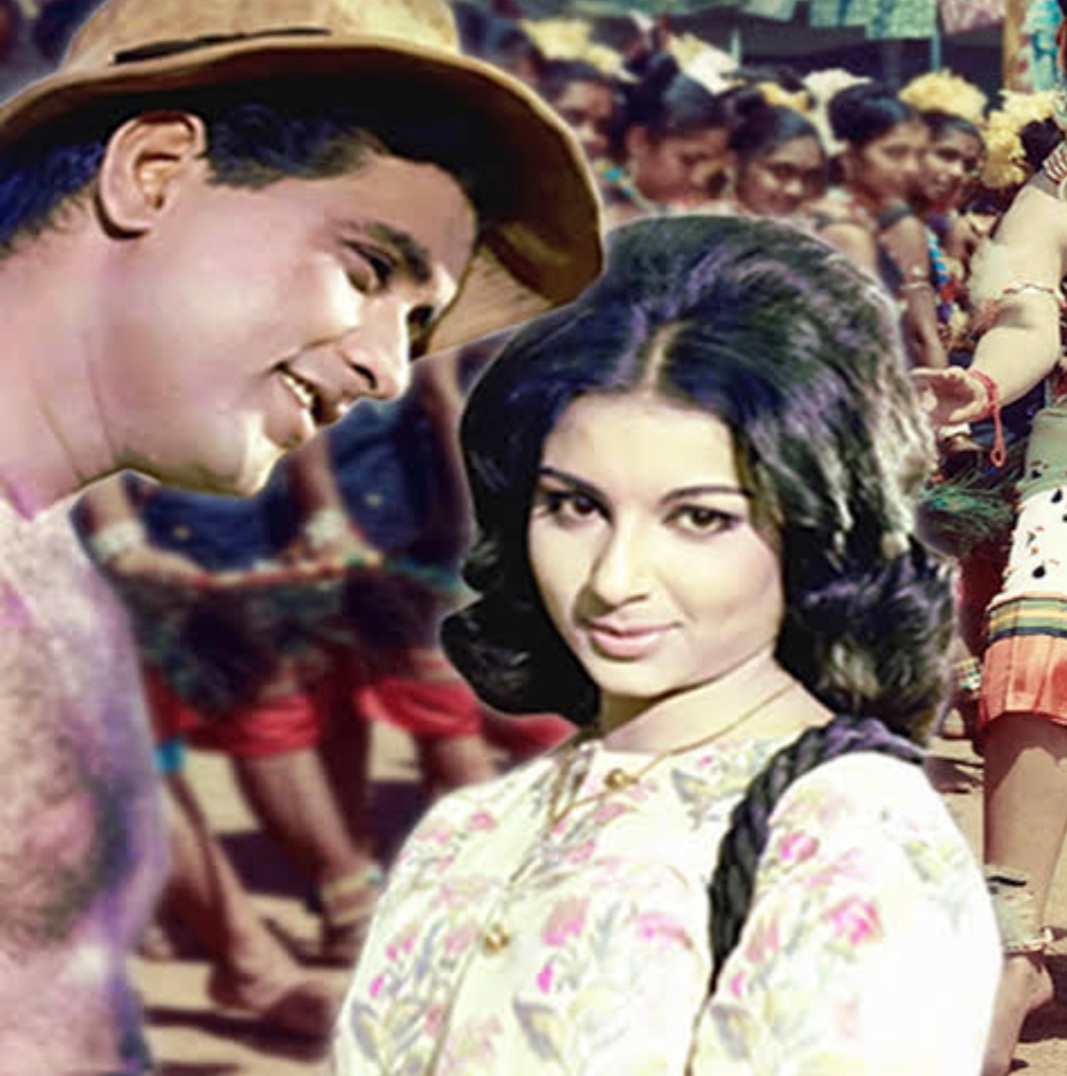
Interestingly, Sharmila had initially refused to dye her hair white, arguing that her mother, who was the same age, did not have a single gray strand. Her director shot back, “Your mother wasn’t in jail for 14 years.” He also reasoned that since Rajesh Khanna was also playing her son, the audience would be confused if she continued to look like the woman the father had romanced to the tunes of “Mere sapnon ki rani” and “Roop tera mastana.”
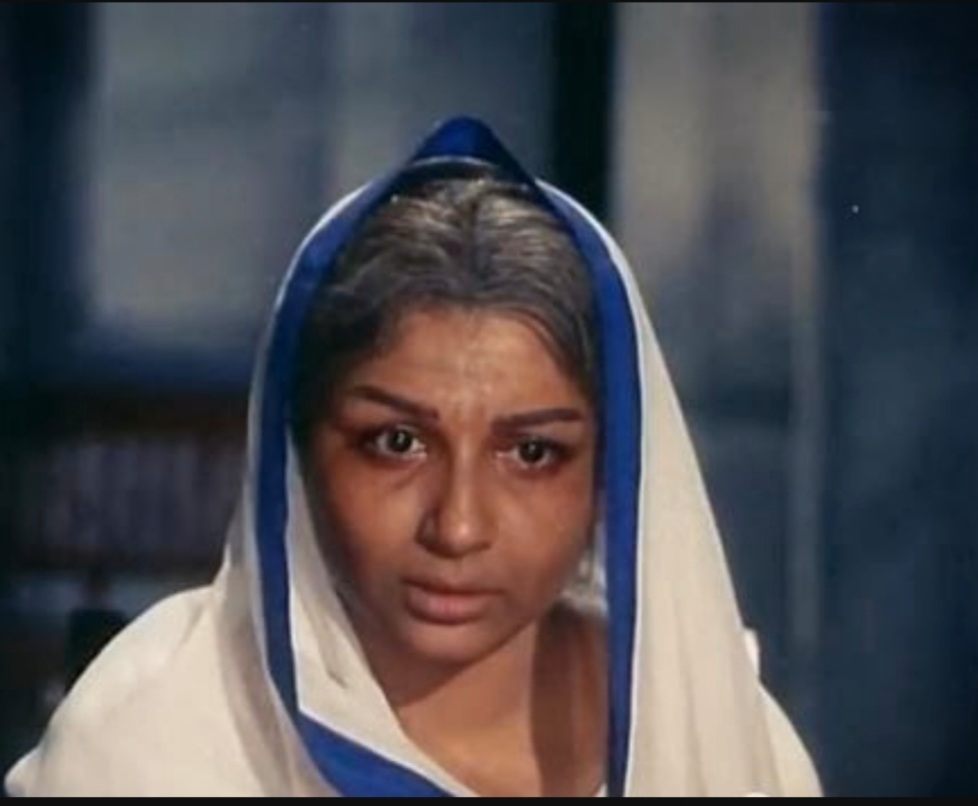
“Dad had a test shoot and only after seeing the results did she agree to put chalk in her hair,” shares Ashim, recalling that as a glamorous Hindi film heroine, Sharmila was always careful about her diet, unlike her co-stars, Shammi Kapoor and Rajesh Khanna, who cut short their careers as leading men by a decade by letting themselves go.
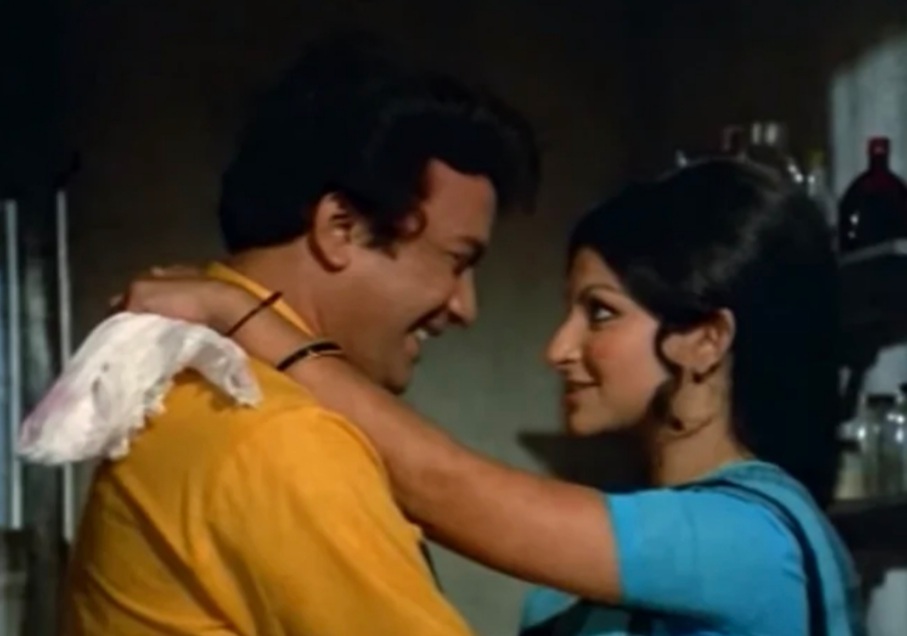
In another iconic Shakti Samanta film, Amar Prem, Sharmila played the tawaif Pushpa who grows to love a motherless boy even while she is giving a client the attention and affection he doesn’t get at home. Eventually, both come to her rescue, Anand Babu sacrificing his love so Nandu can take his ‘mother’ home. “By then she was a part of our family and it was a given that she would be in our films,” says Ashim. “Even in real life, she has aged gracefully and remains one of the most charming women I know.”
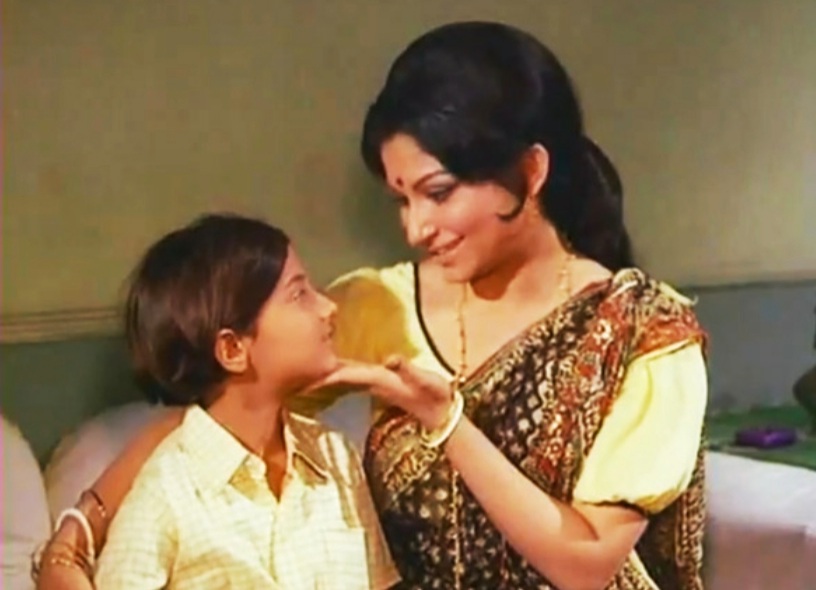
Sharmila went on to do Charitraheen with the Samantas, followed by the Bengali-Hindi bi-linguals, Amanushi and Anand Ashram. “But after that there was no opportunity to work together because we could not come up with a important enough role for her,” admits Ashim, who met the actress a few years after his father’s demise at a retrospective to introduce the generation next to some of his films, including Kashmir Ki Kali, An Evening In Paris and Aradhana.
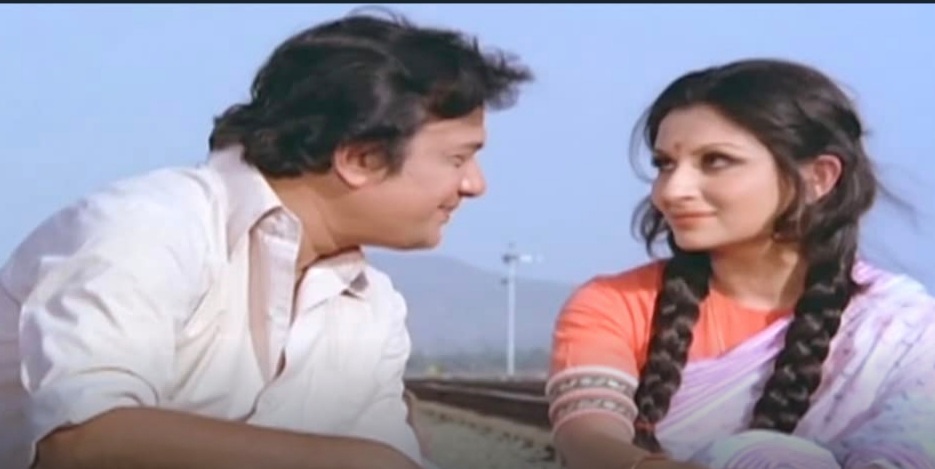
“She couldn’t come for the earlier Aradhana show in Delhi, but when I told her that the response was overwhelming, she promised to come when we had another show. She was there at PVR, Goregaon for An Evening in Paris andalso attended a screening of Aradhana at Regal cinema in Mumbai and one in Delhi too. She was amazed that after almost 50 years, people who had never seen these films in the theatres when they first released, were going berserk over them now, singing all the songs of both films in Mumbai, including “Safal hua aradhana” and the lullaby, “Chanda hai tu, mera Sooraj hai tu.” I guess that’s the magic of these movies,” Ashim says emotionally, wishing Sharmila good health and happiness on this special day.


